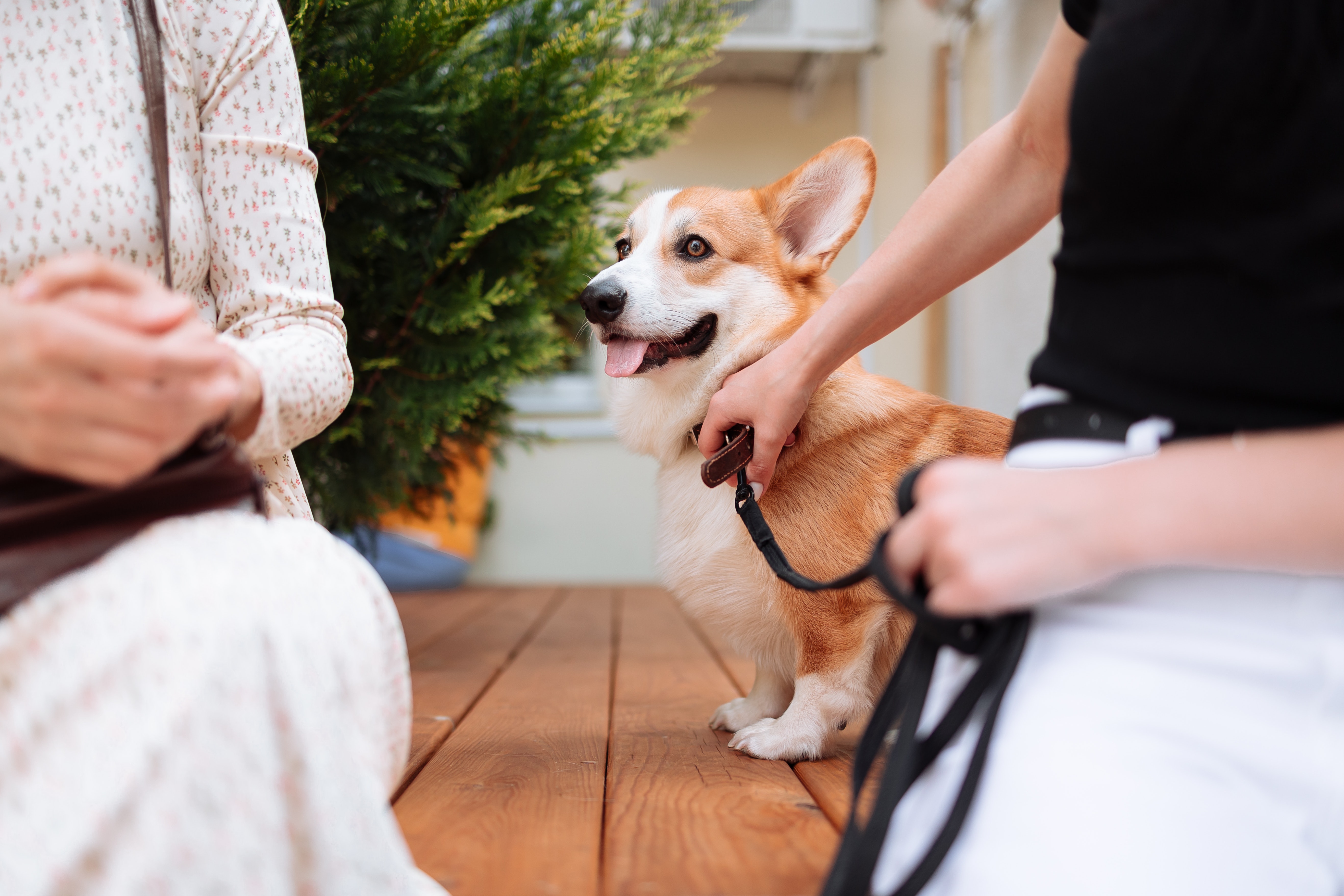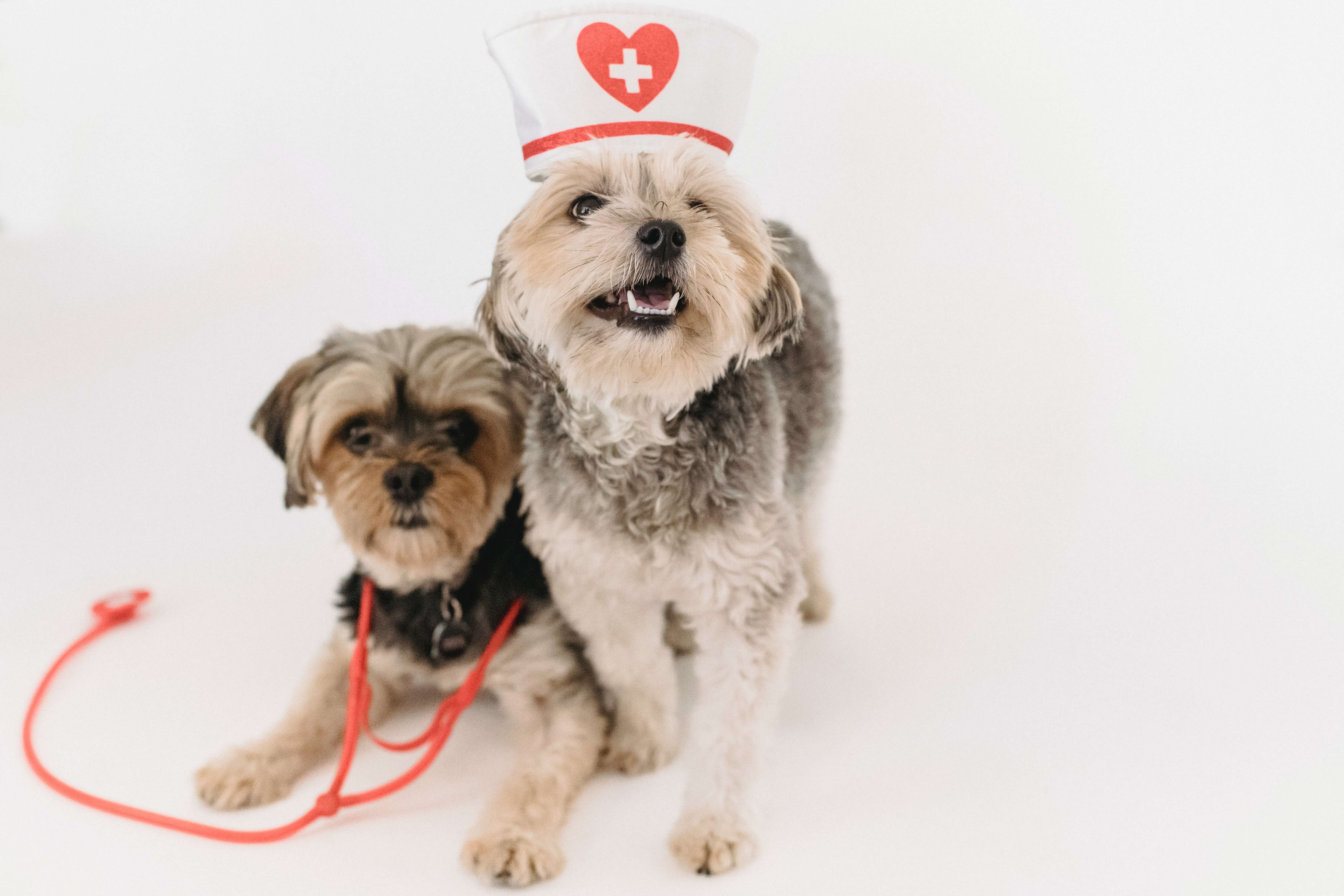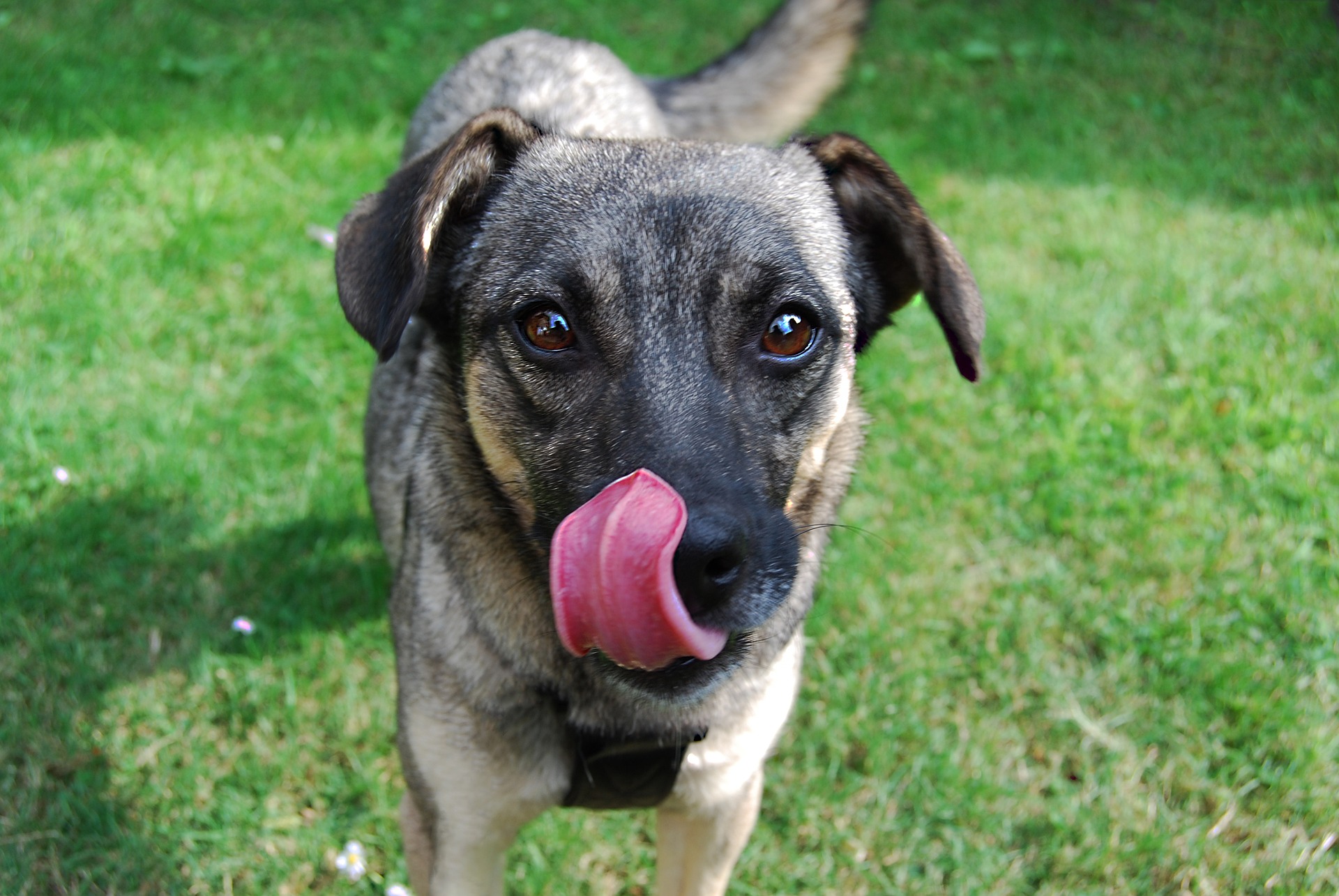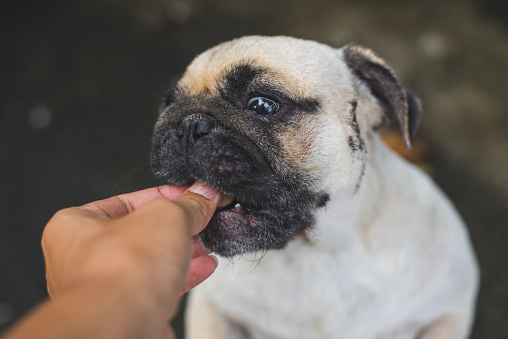
We as species have employed dogs for rescue operations, contraband recovery, security, emotional support, medical alert response, and detecting harmful substances. Service Dogs are working animals that are individually trained to help persons with disabilities be they mental and/or physical. The service dog candidates need to exhibit an easy-going personality, a calm temper, and a keen attentiveness to their handler’s or user’s needs. A service dog handler to assist a person with a disability is usually referred to as a service dog user. You can rely on a service dog to help you if you are dealing with an OCD (Obsessive-compulsive disorder) due to the natural temper, focus, and personality demonstrated by certified psychiatric service dogs.
The American Psychiatric Association defines OCD as:
A disorder in which people have recurring, unwanted thoughts, ideas, or sensations (obsessions) that make them feel driven to do something repetitively (compulsions). Repetitive behaviors, such as hand washing, checking on things, or cleaning, can significantly interfere with a person’s daily activities and social interactions.
How a Service Dog Can Help You Go Through an OCD Episode?
Psychiatric Service Dogs easily pick up on emotional and physical cues that a person with OCD can manifest. Every PSD has its way of approaching a person who has an OCD episode, some may nudge you with their nose, others may try to cuddle, and others may try to jump on your lap and lick your face. These natural behaviors can be improved upon by trainers and the service dog candidates can be taught other helpful skills. You can train a dog to move in circles in front of a person, place their paw on someone’s knee, stand beside a person like they are listening to them, and many other non-verbal activities that can help a person who is going through an OCD experience. Usually, psychiatric service dogs trained to respond to OCD behavior are expected to perform a wide range of “tricks” that include:
• Licking a person’s face to distract them;
• Jump on the lap of a person to ground them;
• Moving in circles in front of a person to attract that person's attention and bring them out of an emotional loop;
• Nudging a person with a paw or their nose;
• Bringing a toy and enticing a person to play.
Dogs are emotional and they can show care, attentiveness, and concern through body language and voice. A wagging tail, wide eyes, perked up ears, short sniffs, licking, and even pulling your clothing can be ways for a service dog to disincentivize recurring, unwanted thoughts, ideas, or sensations (obsessions). Barking can be a powerful tool for a service dog that is caring for a person with OCD as well as just being next to their companion and showing love and support for them.
Service Dogs Can Be a Major Factor in a Cognitive Behavior Therapy (CBT)
The term Cognitive Behavior Therapy (CBT) refers to a system of psychiatric techniques that help persons dealing with addictions, obsessions, OCD, self-control issues, and cognitive disorders. Service dogs can be introduced to people who aim to gain more control over their life, improve their daily routine and build their rational thinking. A psychiatric service dog can be an integral part of how you move through an OCD episode and how you decrease the frequency of such episodes.
Your dog can help you establish a healthier lifestyle and physically interrupt compulsive behavior. Caring for your dog and receiving unconditional love has proven to lead to lower stress levels, a more positive outlook, and lower reliance on medication. Addressing OCD is likely to include medicaments, but you can lead a fulfilling life and enjoy a stable environment with the help of a service dog. Your PSD can help you avoid compulsive behavior and emotional distress when it notices a change in your breathing pattern, your heart rate, emotional stability, and muscle tension. A well-trained service dog can remind you to take your medications and even help you have better social interactions.
What Is a Good PSD Breed?
Every dog that demonstrates attentiveness, caring, affection, and focus on its human is a good service dog candidate, hence there are very few restrictions as to which breeds are good and which are to be avoided. It is more important to consider if a particular breed would fit your living accommodation and lifestyle. Large dogs that require a lot of exercise are not going to fit every person nor are small and easygoing dogs would be a perfect match for everyone. If you are thinking about acquiring a service dog many trainers highly recommend the following breeds:
- Labrador Retriever
- Standard Poodle
- Border Collie
- Lhasa Apso
- Pembroke Welsh Corgi
- Australian Shepherd
- French Mastiff
- Brittany
- Beagle













